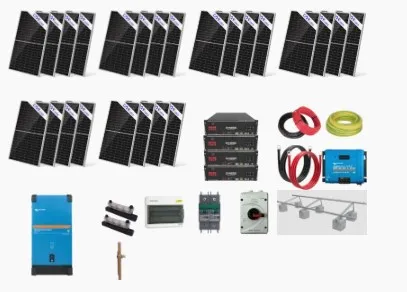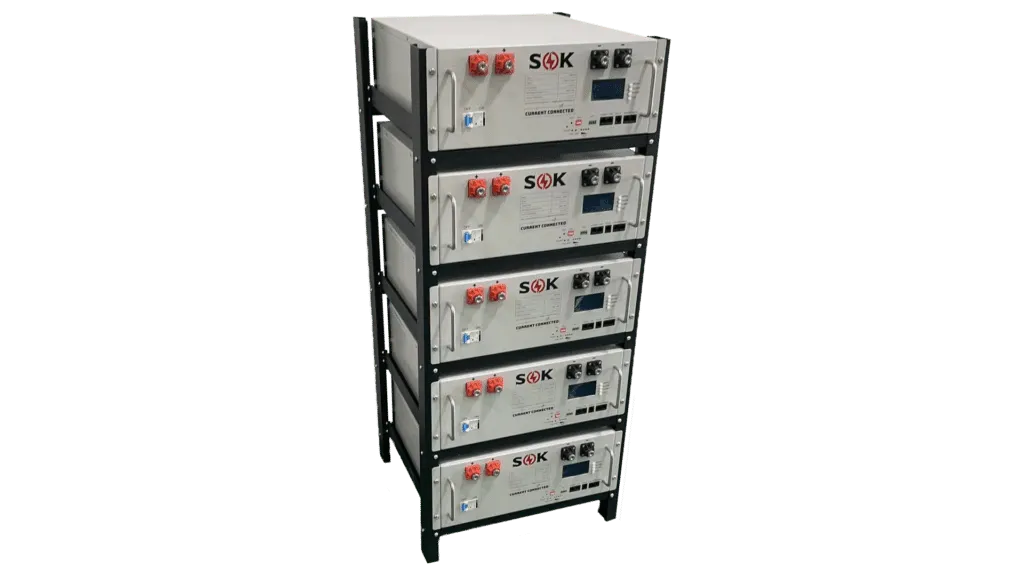There are three things that always come up when discussing off-grid solar - either you’ve considered them and are doing well, or you haven’t and end up with buyer’s remorse. There’s a fourth that just makes life simpler.
Off-grid can sometimes mean adopting a minimalist lifestyle, little to no electricity and nearly fully self-sustained with food, etc. Often however, for many people it means living disconnected from services like power, but still having it.

Off-grid solar setups are one way to achieve this.
There are three important things to consider when setting up an off-grid solar system:
- There can never have to many solar panels.
- There can never have enough batteries.
- The system needs to be expandable.
And if you want to make your off-grid electrical life simple:
4 - Get a bigger inverter.
Talking to people who have bought small, economical off-grid solar systems to get them started, they often find they want to expand the system but can’t. Cheap systems are often that way due to they’re quality and capability.
Sometimes even better-quality systems aren’t expandable if they lack the right components. There are ways to address this, but it’s often much more expensive than just getting a small, easily expandable system.
Solar panel sizing is focused on the winter needs. In the summer, there will always be too much solar power, and in the winter it can be tough to keep up due to shorter days, lower sun angles, and rainy weather. This is where more solar panels help.
Obviously solar needs to be balanced with batteries. The more batteries in the system, the more solar power is needed to charge them. It’s often a good way to size the system by looking at how many batteries you can afford, then scale the solar to fit.
Solar panels are affordable, while good batteries remain the biggest cost, so adding extra solar panels to boost your winter charging is a good option.

Inverter size is important for simplicity of living. Many companies try and sell you a smaller inverter to keep the cost of the overall system down. However, upgrading to a larger inverter is often not that much more.
The value in a larger inverter is keeping life more ‘normal’. Can you boil the jug while the washing machine is running? It’s these little conveniences in life that help more people adapt to, and enjoy, off-grid living.
A larger inverter still consumes the same amount of power to operate devices. Boiling the jug and running the washing machine use the same amount of power if you do them at the same time, or one after the other.
It’s just that you can, if you want, or if you forget the other device is on.
These aren’t fixed rules, just points to consider when planning your off-grid solar system.
Do your best with the money you have and ensure it’s expandable in the future and enjoy your off-grid life.
I have never heard anyone complain about having too big a solar system. Many with smaller systems however . . .